Where no vultures fly: Saving the unsung heroes of the skies
In a world where the delicate balance of our natural ecosystems hangs by a thread, there is one group of birds that holds the key to maintaining that equilibrium – the vultures. These magnificent creatures, once a common sight in the skies, are now facing an unprecedented crisis, with their populations plummeting at a frightening rate.
Recently Conservation Without Borders (CWB) hosted over 150 senior business leaders at Hogan Lovells London offices to participate in the launch of a global initiative to help the worlds’ vulture population. The United Nations has prioritised their conservation efforts, and CWB founder Sacha Dench UN Ambassador for Convention on Migratory Species and Actress Dame Joanna Lumley are spearheading this initiative, known as “The Flight of the Vultures”. Some quotes from the evening:
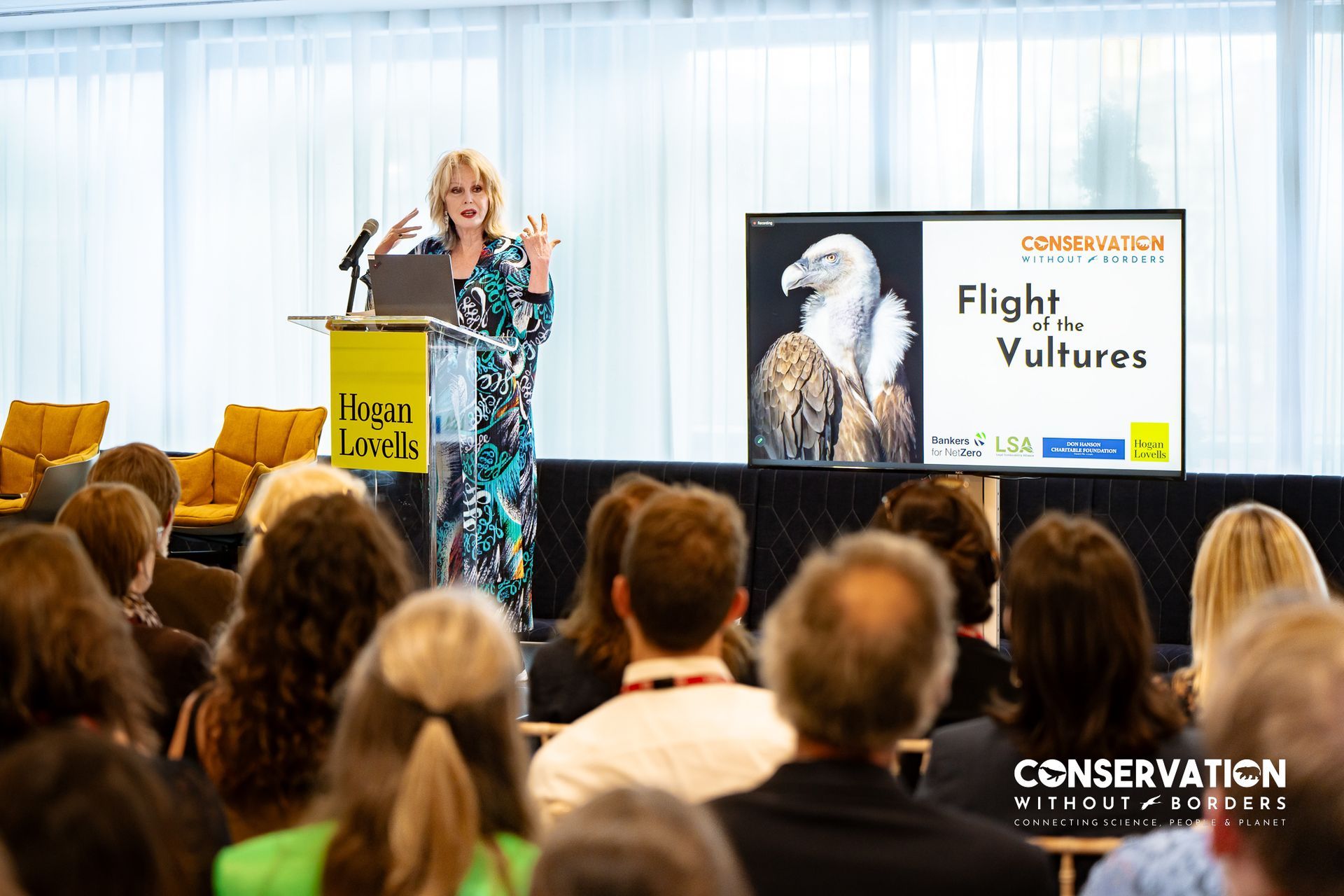
Vultures are a great friend to man…but they are disappearing without us even noticing.
Money has become separated from life and things in nature are going wrong very fast. One day we’ll wake up and there will be total silence – no birds – no wildlife, and we’ll wonder why we didn’t do something about it when we could have.
- Joanna Lumley
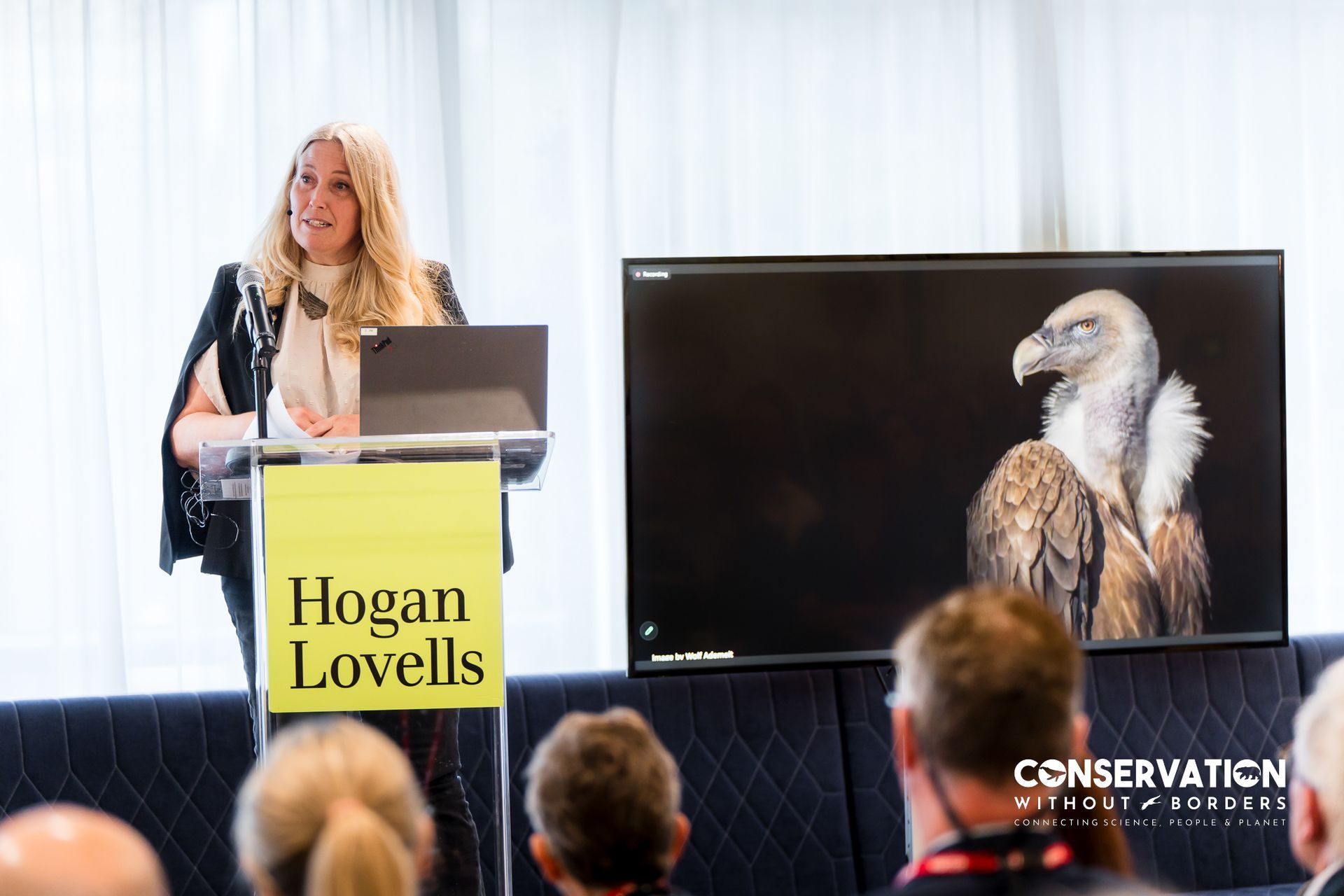
The fight to save the vultures is not just about preserving a single species – it's about safeguarding the foundations of our planet and human health. With globalised industries and supply chains now so long, industries have lost sight of our impacts on vultures, but also forgotten the roles vultures play along them, keeping ecosystems and communities healthy.
We were told not to try to take on the vulture crisis because no one could love them like a swan, or a panda – that people, particularly business, wouldn’t care. If this event is any indication, we have shown if we tell their stories in the right way, people will care. Can we now prove they will also act?
- Sacha Dench CEO Conservation Without Borders
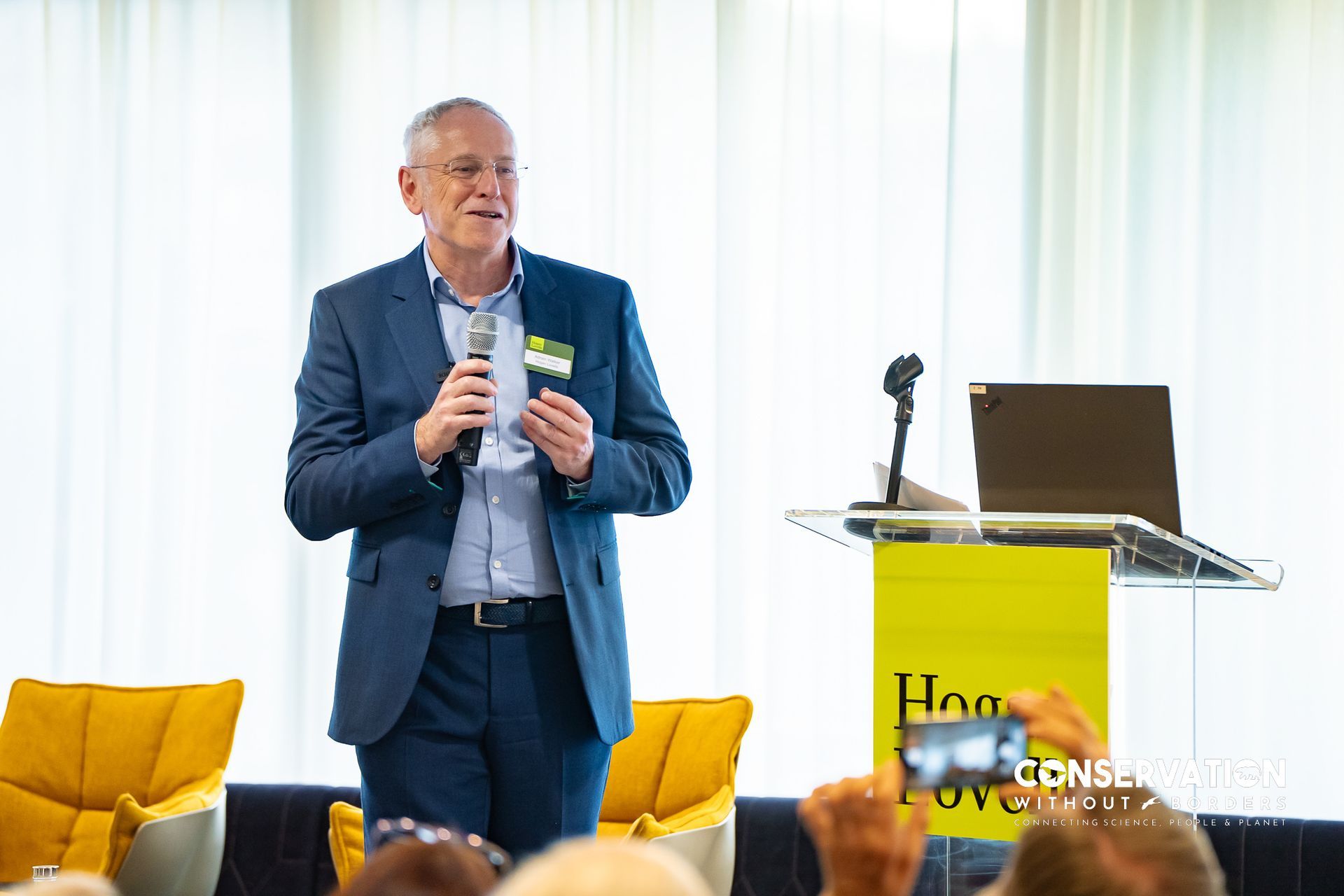
There is a strong connection between political drivers and business drivers and they tend to be closely connected to what these trends are and this new focus on climate and biodiversity and everything that goes into the business ecosystem.
People have more direct power to interact with business through the media, through tweeting, and that can have a really strong regulatory effect. I say that there is the connection between what people want, and that is why businesses should care, that is why we [lawyers] care, we need to work together.
- Adrian Walker, Partner Hogan Lovells
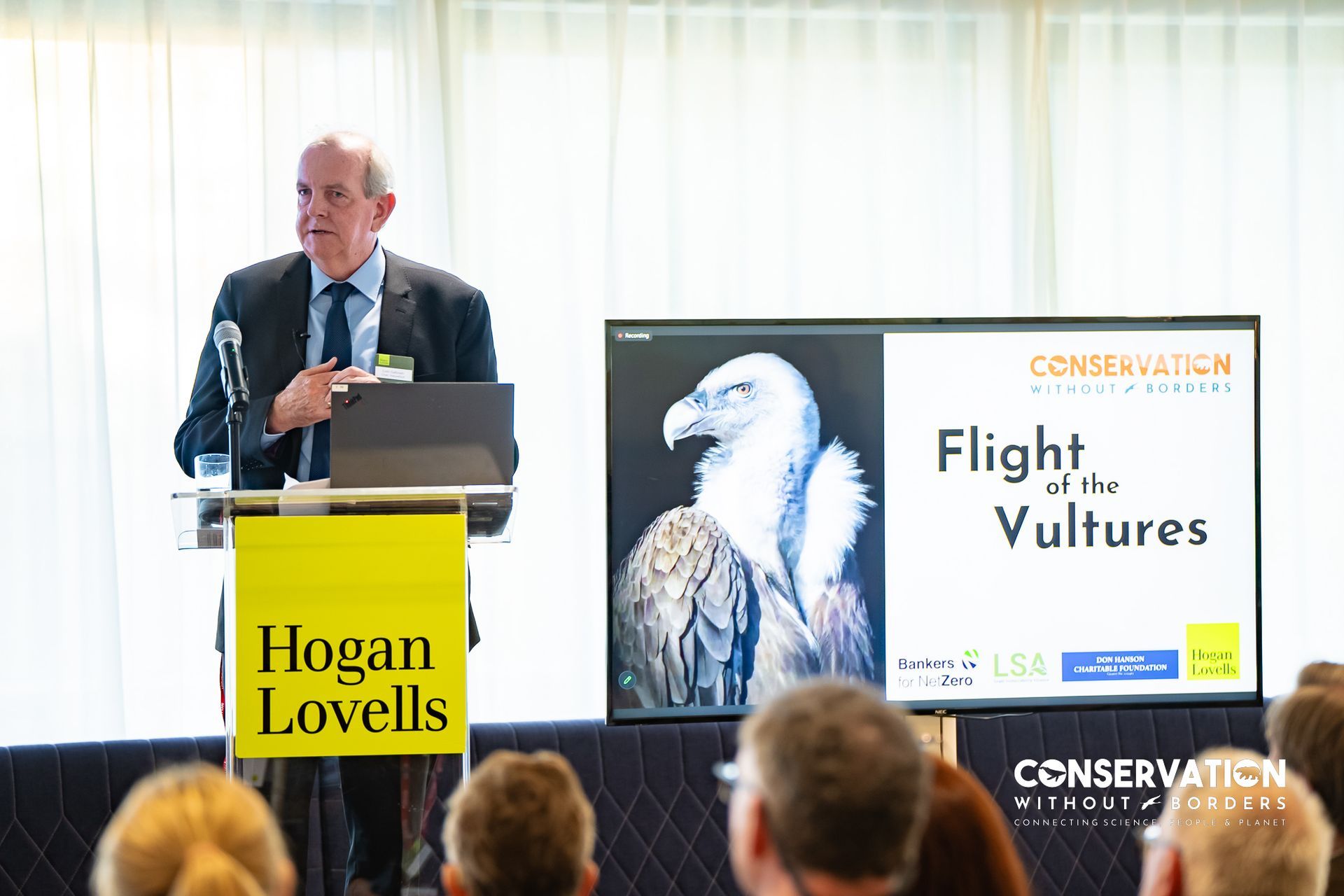
What would your company would look like if you had no waste removal for three, four, five months – the “vulture of the business world”?
Would your organisation survive for six months without the chief exec, or without the cleaners. I'll let people think about that.
- Colin Galbraith: Chair NatureScot and UN representative on Climate and Migratory Birds
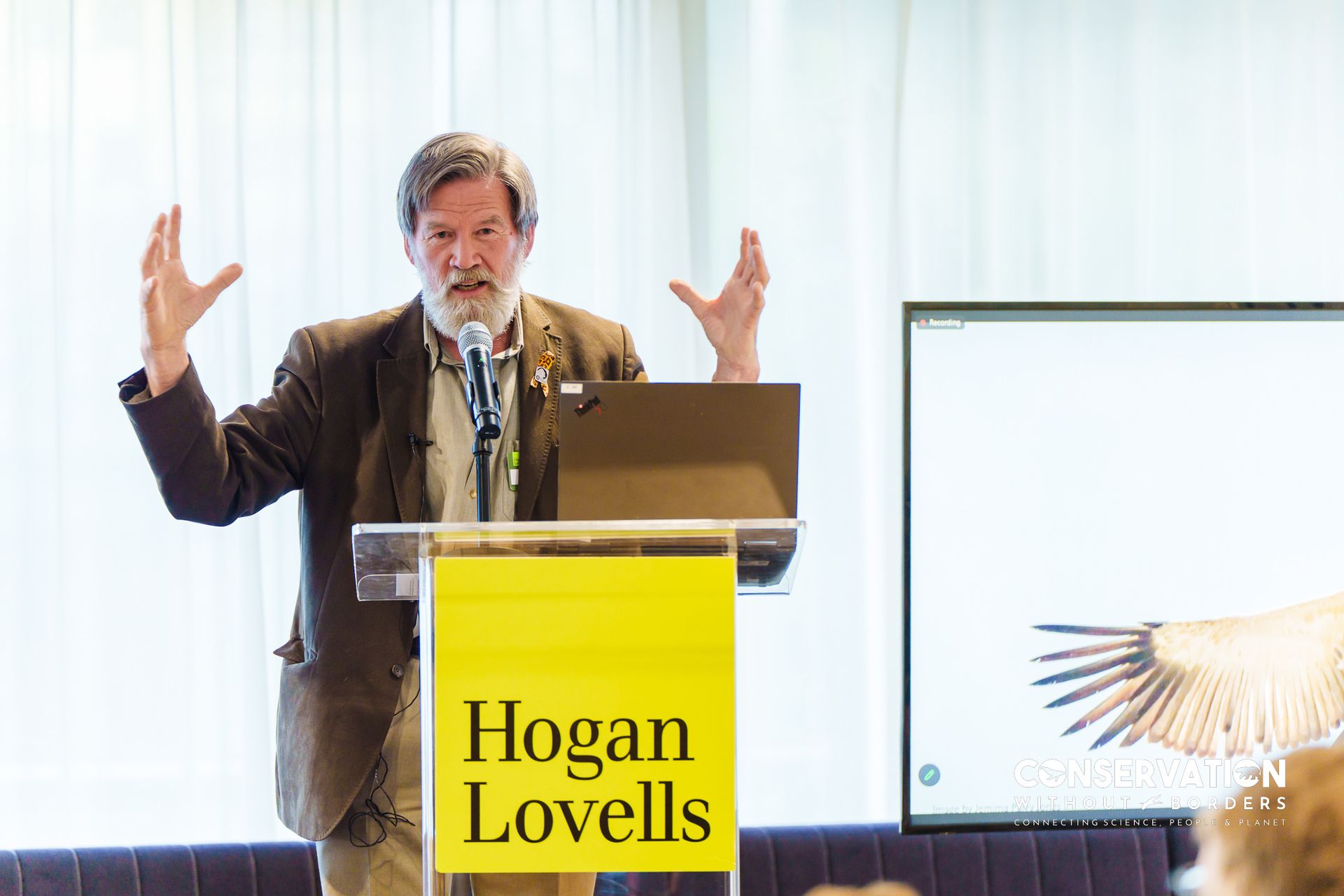
A healthy ecosystem includes vultures. What they do is consume as much meat as they can, so it is stripped to the bone. They then digest and eventually they will poo and deposit the nutrients that they have digested to the roots of the tree they are roosting and fertilise the trees. And it is that cycle of nutrients.
People think that money makes the world go round. But it is dung, excrement, poo! And in nature it is the cycle of nutrients. No one is paying for the ecosystem services that provide for us. That must change, the shortfall in funding ecosystems is $700 billion per year.
- Ian Redmond OBE
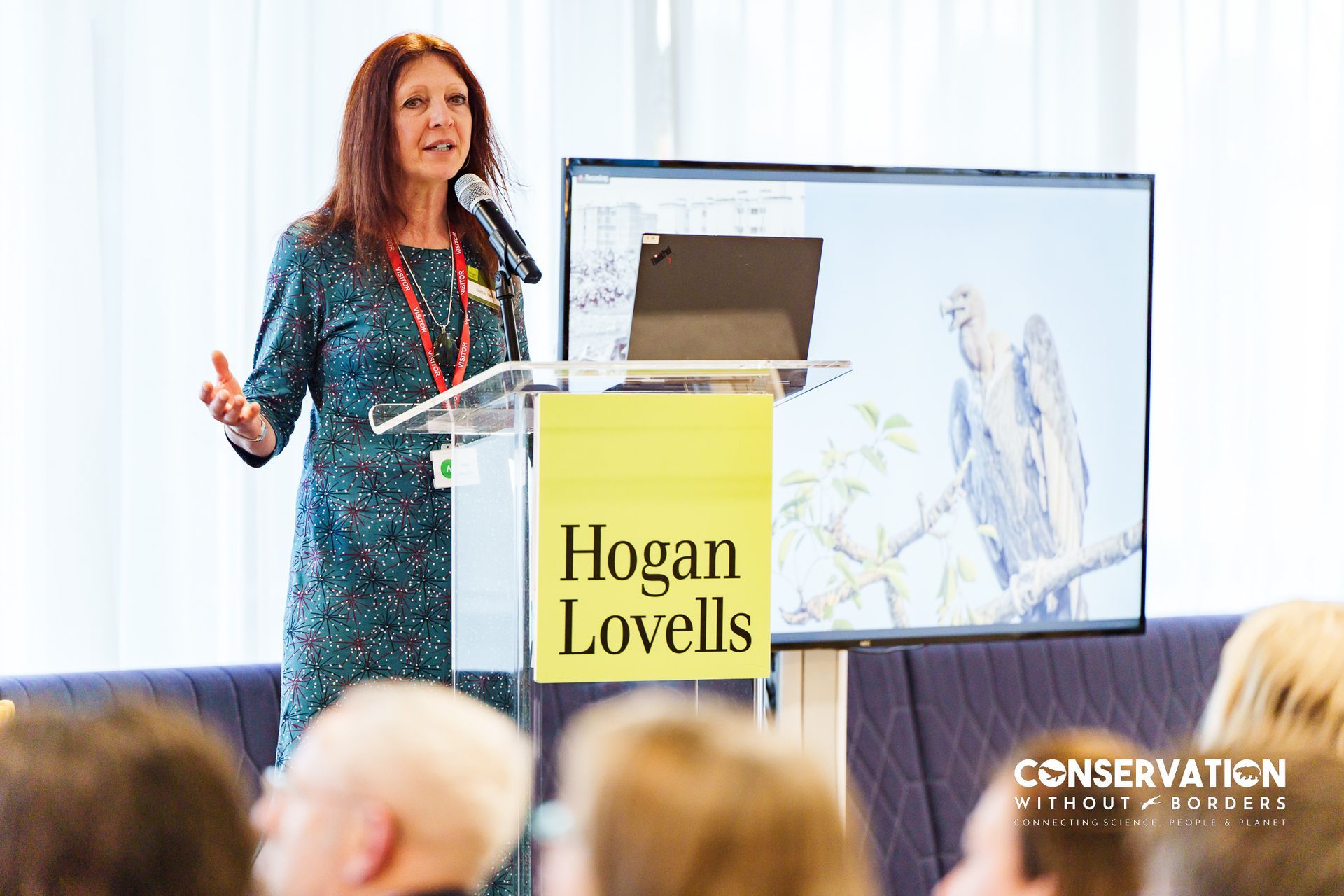
In 2008 economists tried to put a number of what this means in India. The implications of vulture declines, the increase in dogs, and human dog bites and rabies. They estimated that the impacts economically in a 14-year period ran into billions of dollars – which is massive.
- Debbie Pain, Cambridge University Department of Zoology
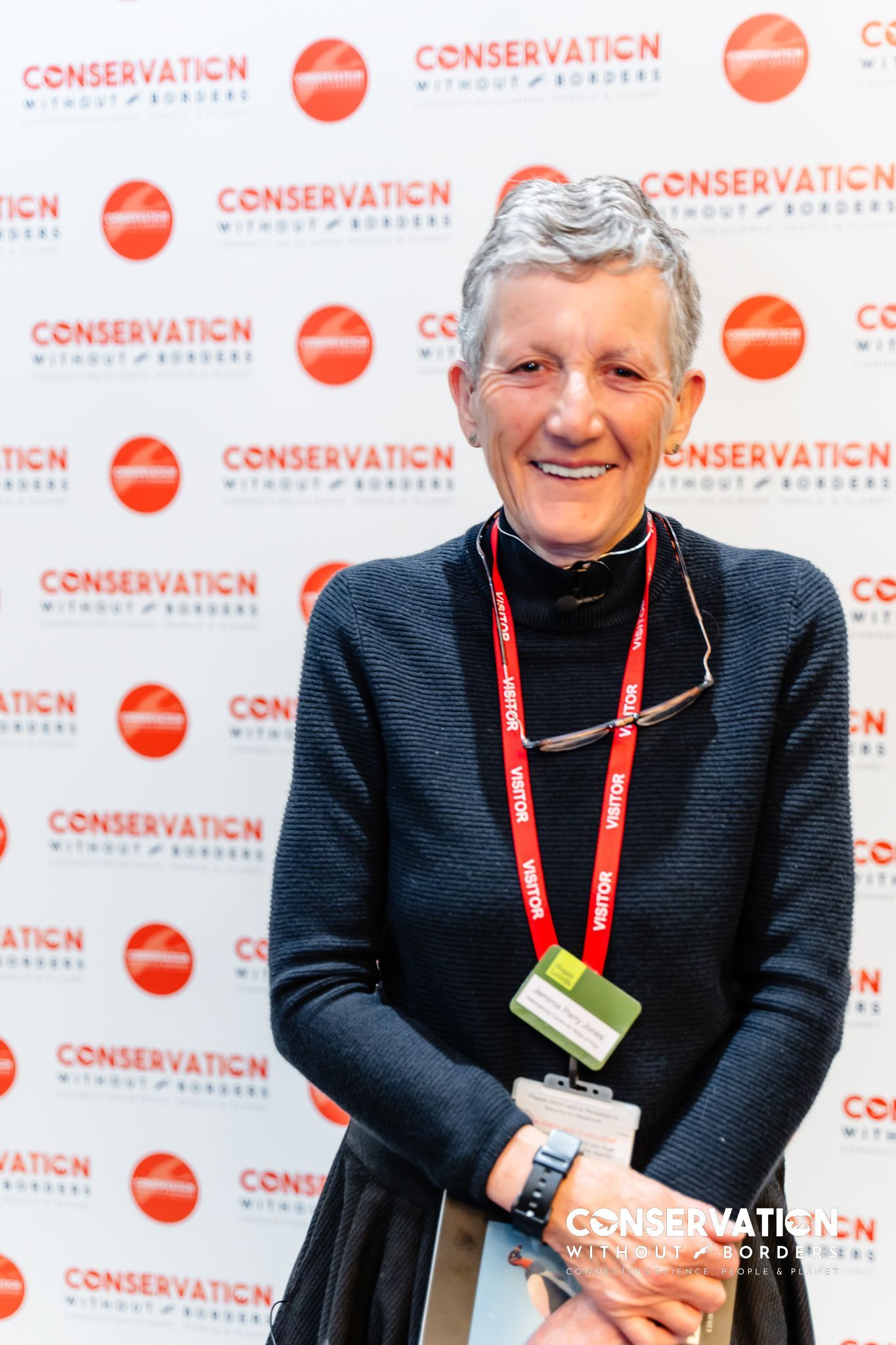
There are now over 800 vultures in captivity in India. That actually is not that much of a good thing as what we need to do is start releasing them. If you have that many vultures, it is incredibly expensive. We can't release them safely yet because we still have [the drugs] in the environment. A recent paper said that for every year it takes to ban the drugs, 50% of the birds will die. So if you look at the maths for that, it is very scary indeed.
- Jemima Parry-Jones MBE: The International Centre for Birds of Prey
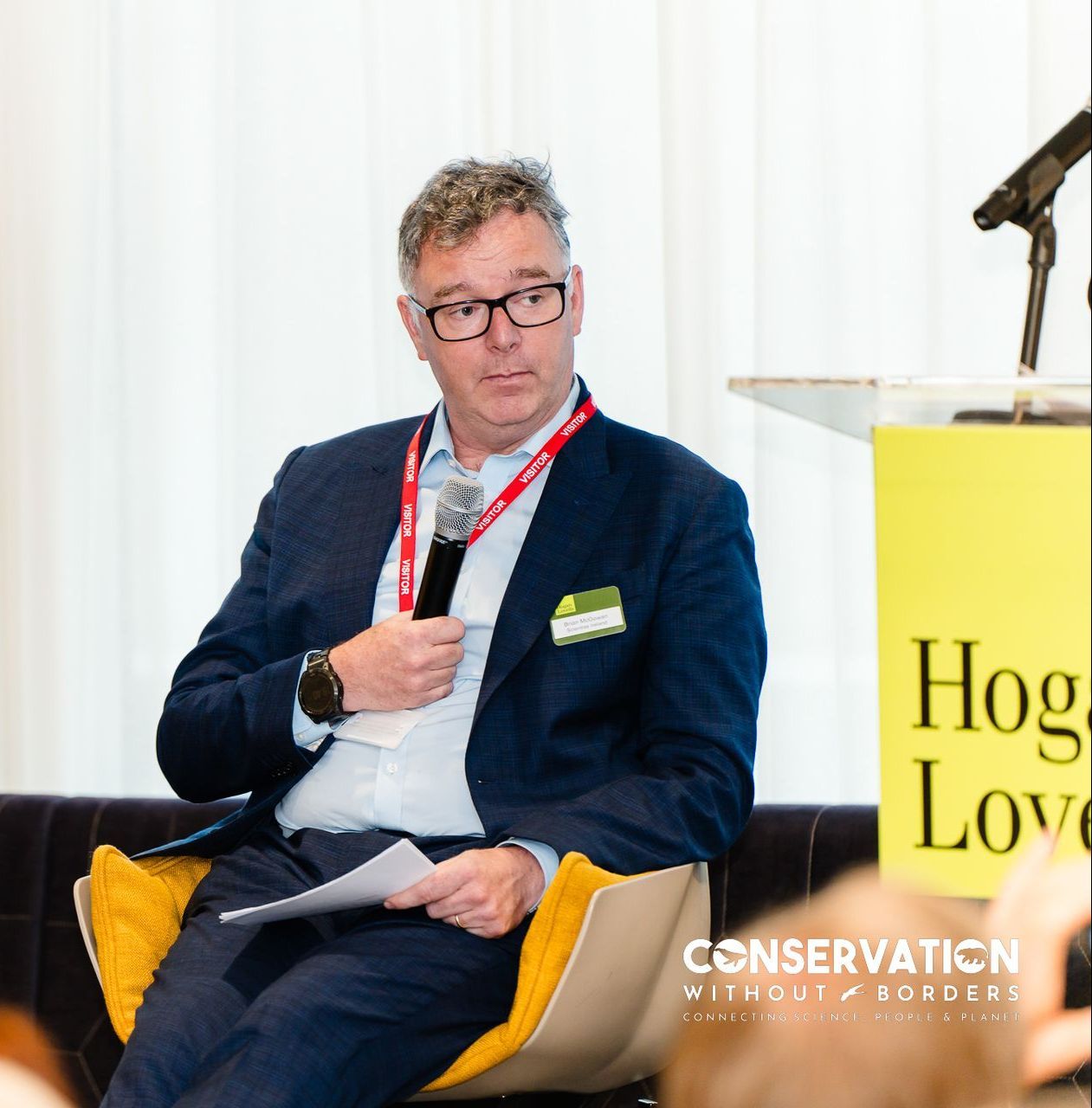
It is impossible to sperate wildlife and energy infrastructure. They are linked, you cannot keep them apart. They are going to interact and, when they interact, the outcome for some of the bigger species is not so good.
It is well known in the power industry that 15% of the significant fires in California and Australia are from electrocuted wildlife. When you look at a power line from the perspective of a vulture – it is a perch, a very dangerous perch, to land on.
Over the years wildlife NGOs have developed a deep understanding of problems and risks. And technology or industry have developed technology to prevent 99% of the issues that wildlife are facing - be it electrocution or collisions. So, we need a way to implement that technology in a faster way and in a more sustainable way.
- Brian McGowan: Founder at Scientias Energy
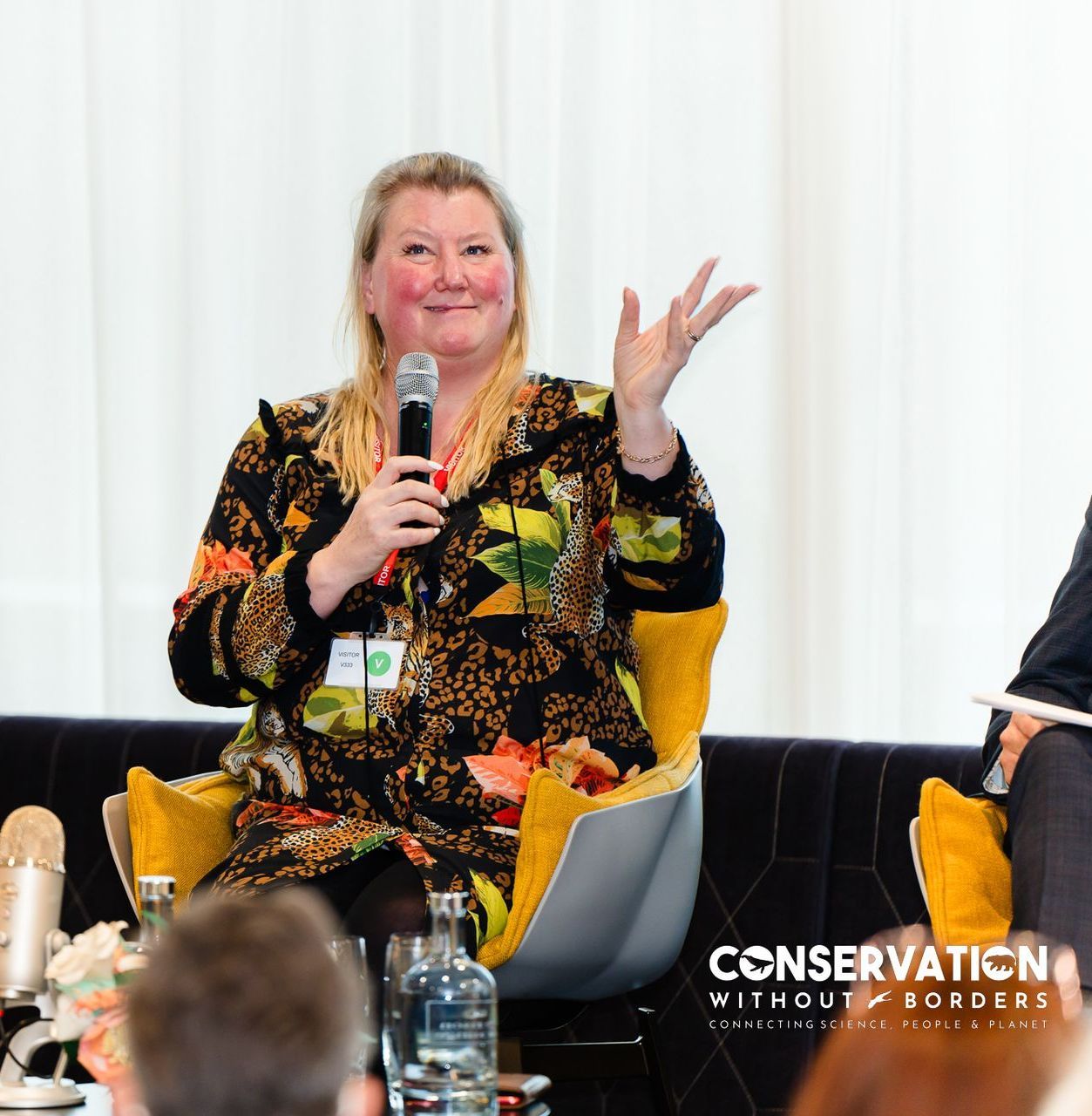
At no point has nature, biodiversity or any of these things had a value in the system. So our laws our commerce – everything has been built up where nature has been free for us. And now it is coming to home to roost as we are starting to feel the impacts of climate change.
So there is absolutely an increasing awareness that there's an issue, but you are retrofitting the issues. It is a conundrum where, moving forward, how do we now get this system in a way where the markets go from one of the most disruptive forces on the planet to where we actually value nature and become a protective force.
A lot of this goes back to the way we structure how we value things to shift the funding. The money is there, but the systems are designed on different values.
- Heather Buchanan, CEO Bankers for Net Zero
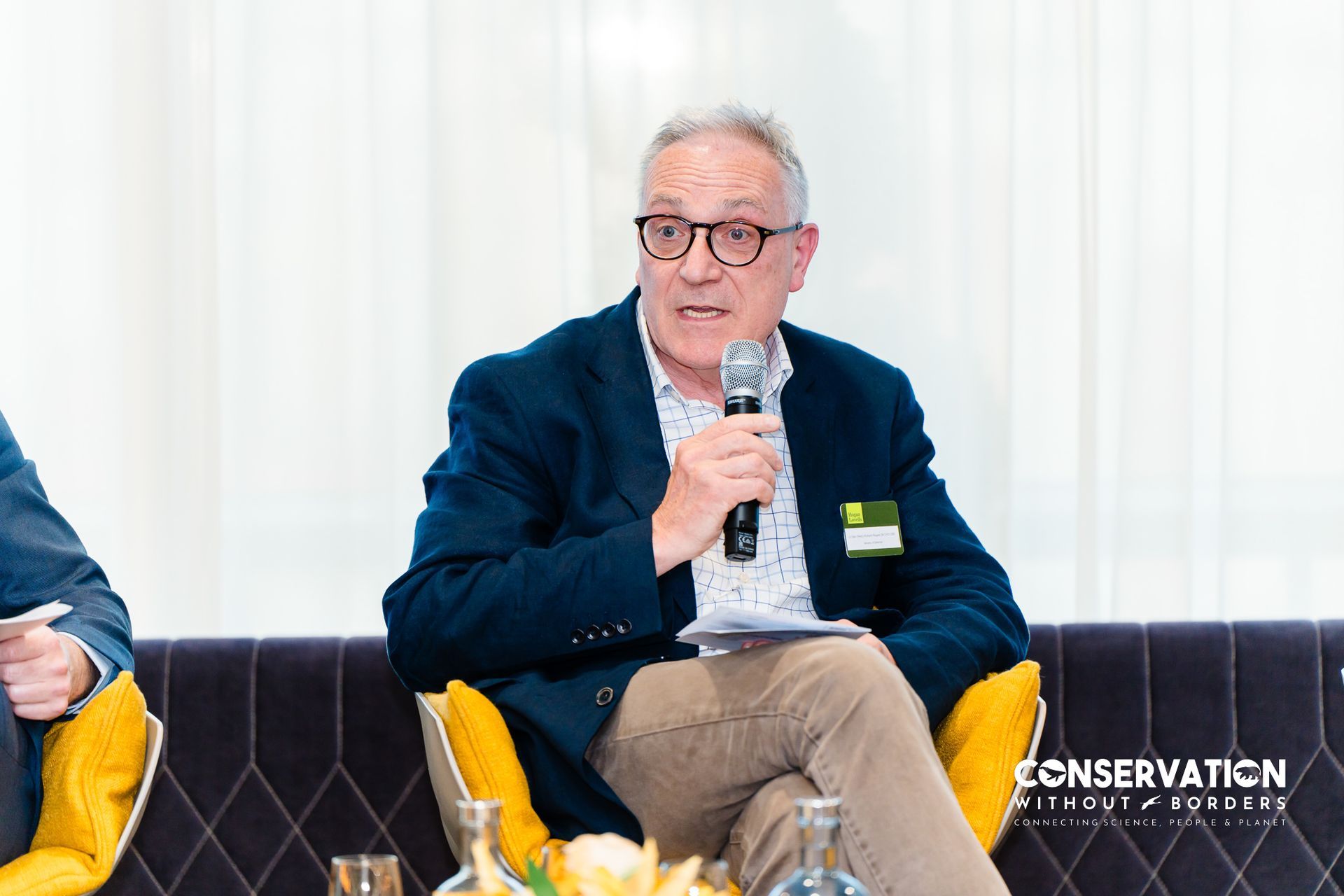
Information is just data, it is not a huge amount of use to people.
Intelligence is understanding and analysing. It is not just the data itself, it is the ‘so what’ of data. Biodiversity intelligence is about analysing the data and understanding what is happening and then turning round and saying ‘so what can we do about it?’. So my interest in this is that actually if biodiversity loss has an intelligence unit that is looking at the analysis, it might just tip the balance to understand the real connections.
- Richard Nugee CB CVO CBE: Non Executive Director for Climate Change and Net Zero for the Ministry of Defence
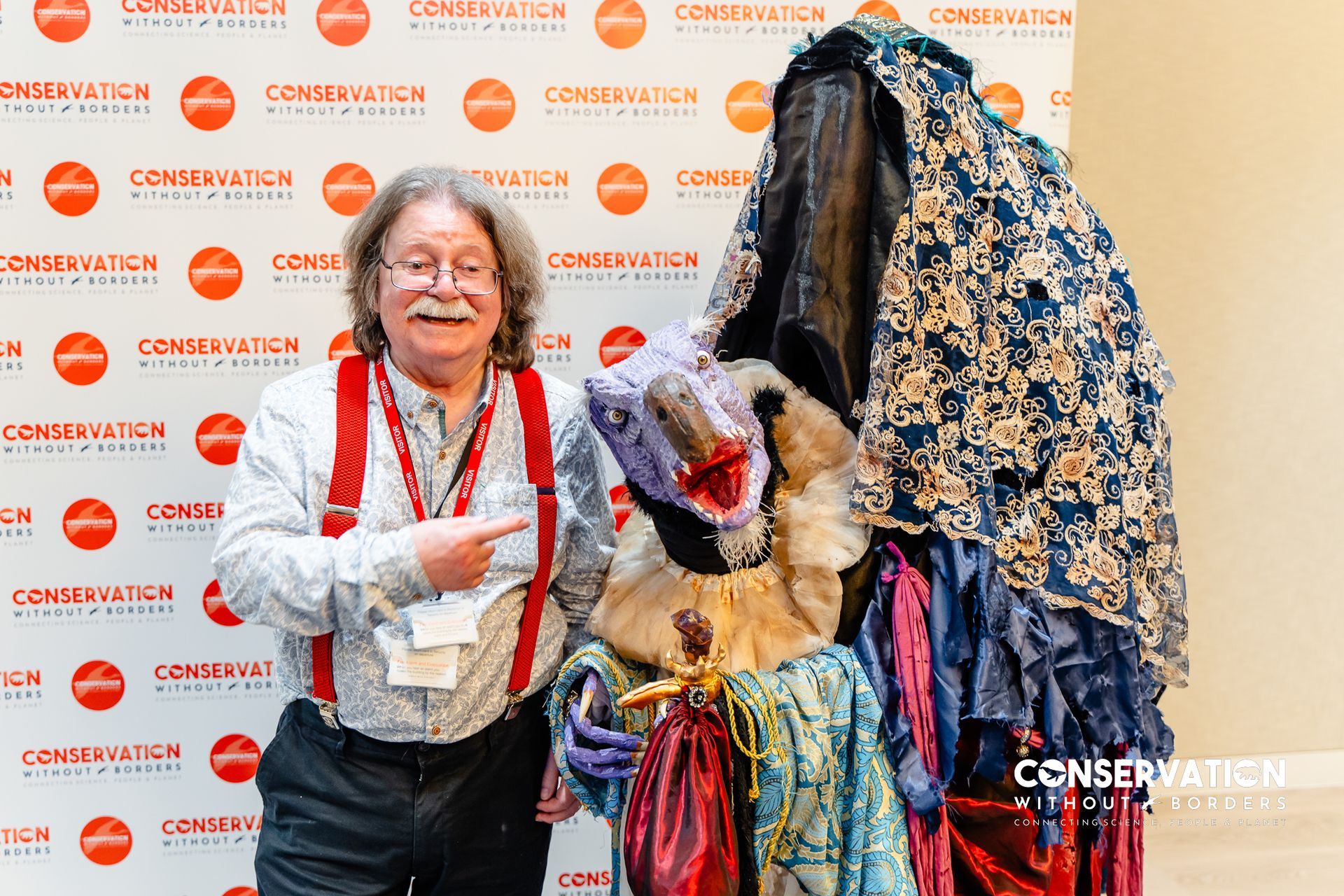
It was interesting to hear that vultures get a bad press, but we are not looking at them in the right way. One of the secrets to the way I draw is it is all really about nature. Working with Jim Henson, every meeting he would say: "What are we going to do to save the world today?"
I was delighted to discover that all the work we did creating The Dark Crystal prefigured everything we tend to do - how things look, how things are connected with each other, and how you can't interfere with one thing without something else happening elsewhere, It turns out to be an absolute magical mirror of the real world we live in.
- Brian Froud, concept artist and illustrator of Jim Henson fame

